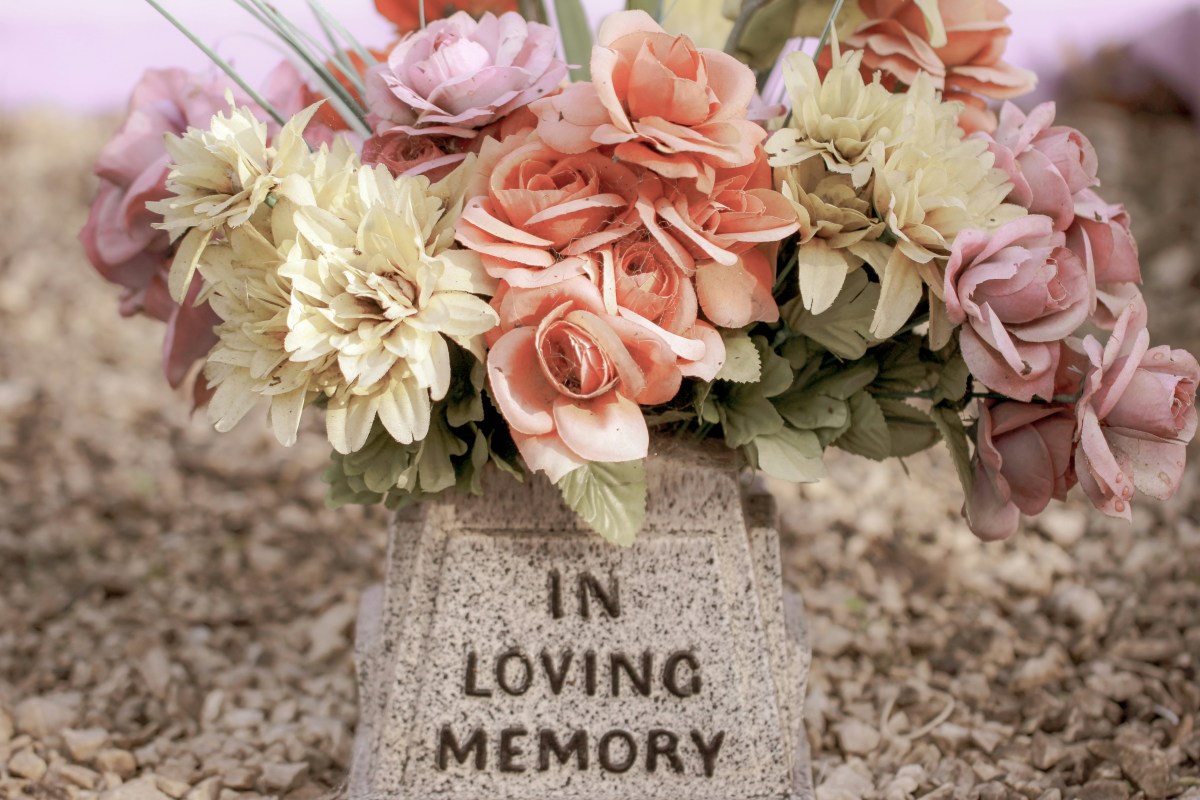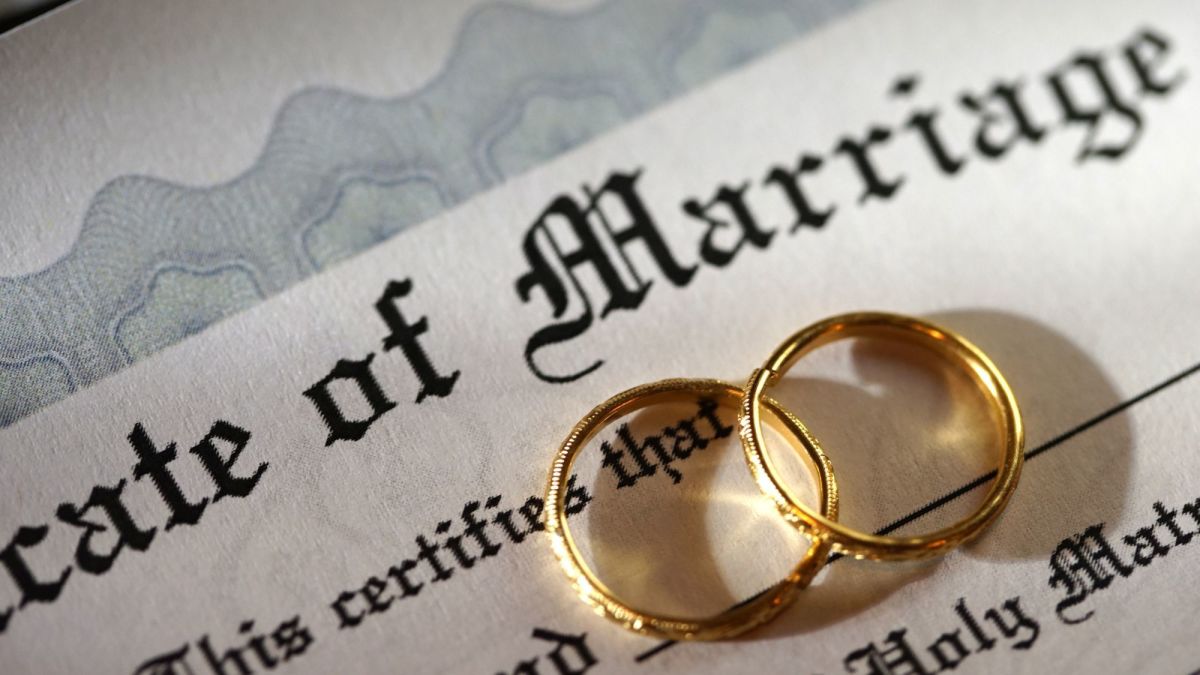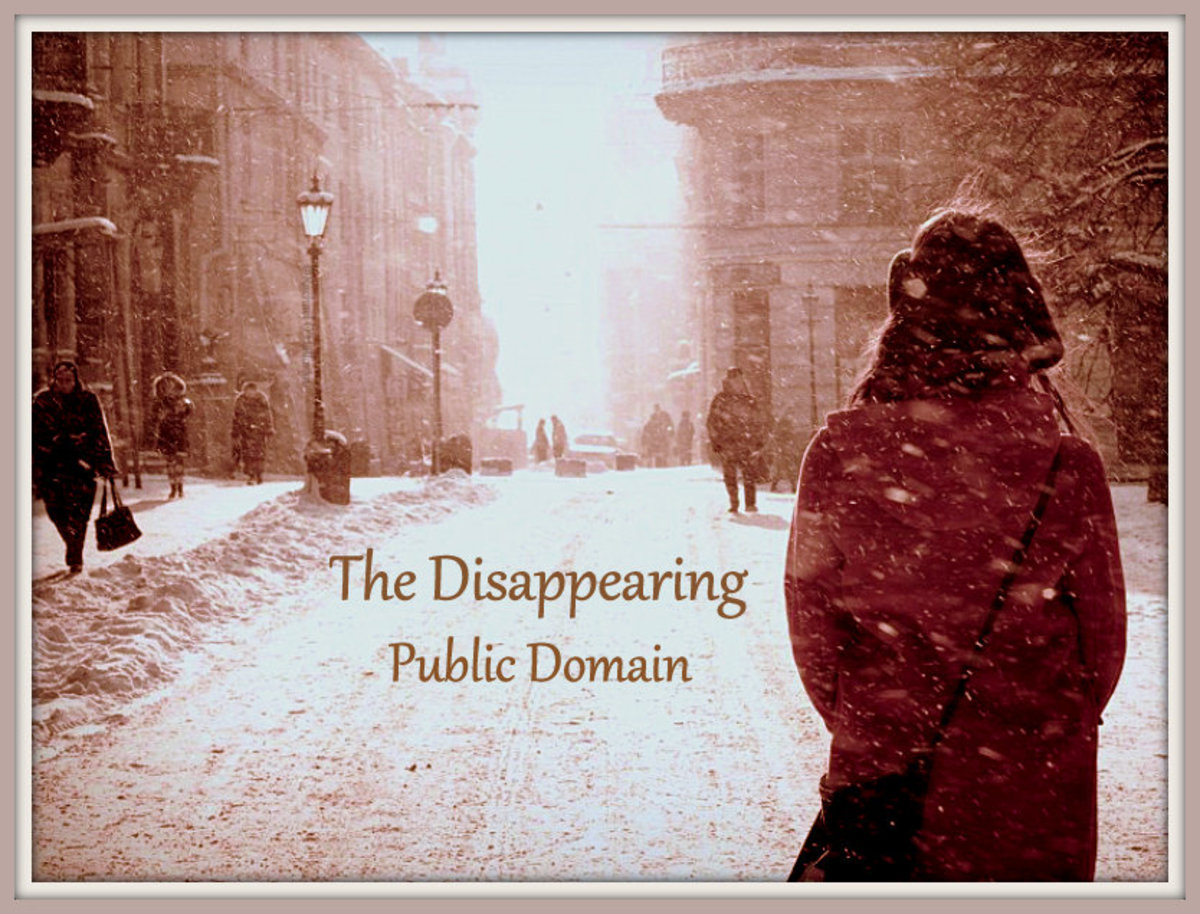Dying Intestate
It is a Good Idea to Make a Will
In common law jurisdictions, the owner of property has a great deal of freedom in the disposition of his or her property and, through a will (which is a document written before death), identifies those who are to inherit and what each will inherit.
There are some limitations imposed by law. These limitations on a person’s freedom to dispose of their property as they wish upon death will vary from jurisdiction to jurisdiction (in the case of the United States, it will vary by state since it is the individual states and the courts in these states which handle matters involving inheritance) but, in general, a person usually must provide for the care of minor children, in many cases a spouse is also automatically entitled to a part of the estate, and, in a few other situations, people who relied on the deceased in life for financial support also have to be provided for in the will.
In all of these situations the state is looking out for both the interests of the people who relied on the deceased and cannot adequately provide for themselves financially as well as the state’s own interests in that, if they don’t receive a portion of the deceased estate they may have to turn to public assistance for help thereby becoming a financial burden on the state and its taxpayers
So long as a person makes provision to take care of minor children and, in some cases, a spouse, that person can divide up the property owned as he/she sees fit. In order to have the property distributed according to your wishes you have to make a will. Generally a will should bear the signatures of one or more people who witnessed the person signing it. This is not always required but it is a good idea as it limits the opportunity of others to contest the will as the witnesses can attest to the fact that the person in question did indeed make and sign the will and that person was also of sound mind and not otherwise coerced into making and signing the will.
Problems Arising From Not Having A Will
When a person dies without having made a will, the state (government) will step in an divide the property according to criteria described in the law. In this case, where there is no will and the courts decide how the property is to be divided, the person is said to have died intestate. The law will generally divide the property between the spouse and children and grant custody of minor children to the surviving spouse. In the absence of a spouse and children the property will go to the parents (if living) and siblings of the deceased. If neither of these are present they will go further out into the extended family. If there are no surviving relatives, the state will generally take possession of the property.
Even if one has a spouse and children and wants them to have the property, problems can arise if there is no will. A court could decide that a home, for instance, should be divided between the spouse and children. If the children are minors this could be a problem if the spouse wanted to sell the home as the spouse would have to make sure that the children's interests were adequately protected in the transaction or risk a lawsuit from the children when they reach adulthood. Also, if one or more of the children have reached adulthood they may require that the house be sold and the proceeds divided leaving the spouse without sufficient means of purchasing a new home. If both parents die at the same time (say in an auto accident) the children may be placed with a relative the parent's would not have approved of or the children may be split up and sent to different relatives or placed in foster care (provisions for the appointing of guardians of the children can and should be included in a will – of course, you should consult with the potential guardian before naming them as guardian in your will).
In the case of blended families (where husband and wife each have minor children from a previous marriage) it can be more complicated as custody of the children of the deceased may revert to the other parent or that parent's family who may, in turn, demand an immediate division of the property. Depending upon the state (some states automatically give all property to a surviving spouse in the event of death without a will), adult children of the deceased could be left with nothing.
While
death is not something most people, especially younger people, like to
think about, it is a good idea to make a will so that you do not end up
dieing unexpectedly and leave your family in difficult financial
straits. While wealthy people with considerable property may require
the assistance of a lawyer, a lawyer is not required to make a valid
will. While it is not a good idea to simply sit down and write an
impromptu will, there are will writing kits, books and software
available as well as an abundance of sites on the Internet with
information on how to write a good will. Once written and properly
witnessed, the will should be placed in a place that is both secure and
can be easily found in the event of your death.
Other Hubs Dealing With Estate Planning and Retirement
- The Social Security System's Achilles Heel
By now most everyone is aware that the Social Security program is not a sound program financially and that it is only a matter of time until it goes broke. Even its supporters admit that the only way to keep... - Lesson from Anna Nicole Smith - Make a Will!
Watching live TV coverage of lawyers fighting over the body and estate of Anna Nicole Smith and reading the daily stories in the paper is both entertaining and enlightening. Financial advisors are reporting... - Term Life Insurance Explained
Term Life Insurance is pure insurance in the sense that the person purchasing it is just paying for insurance and a commission. There is no savings plan associated with term insurance as there is with Whole...










